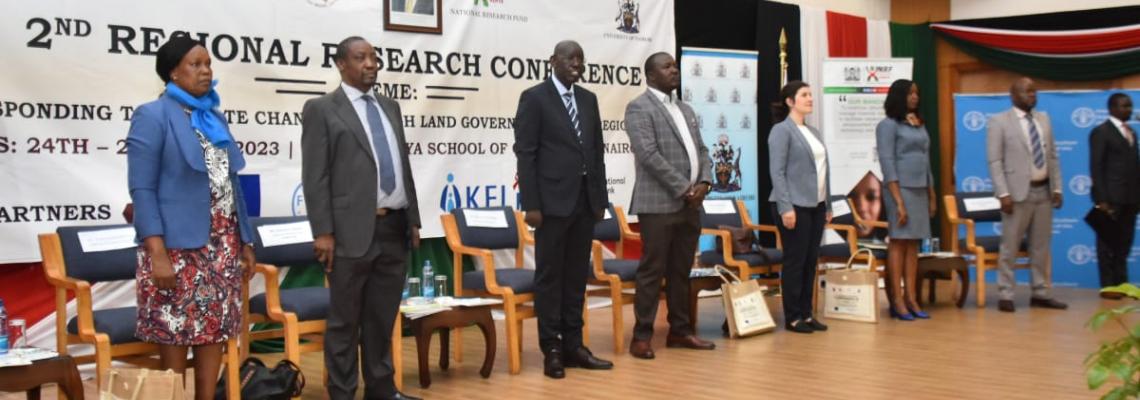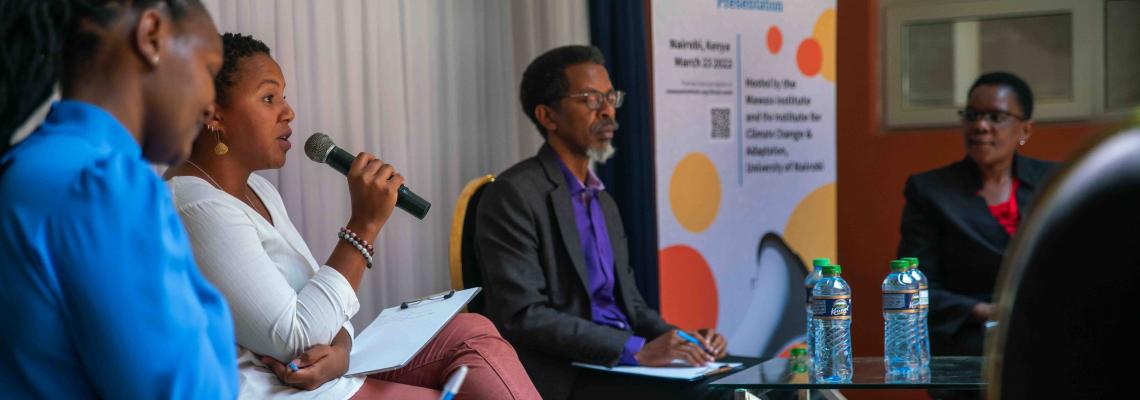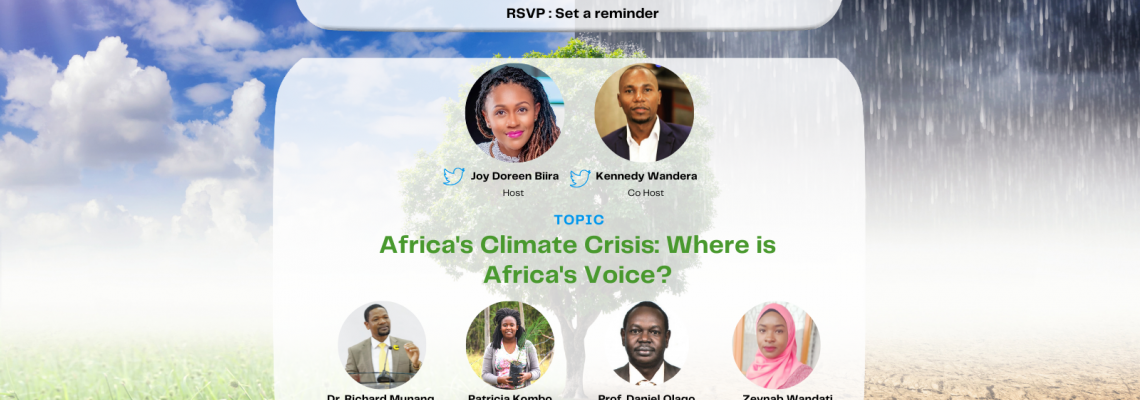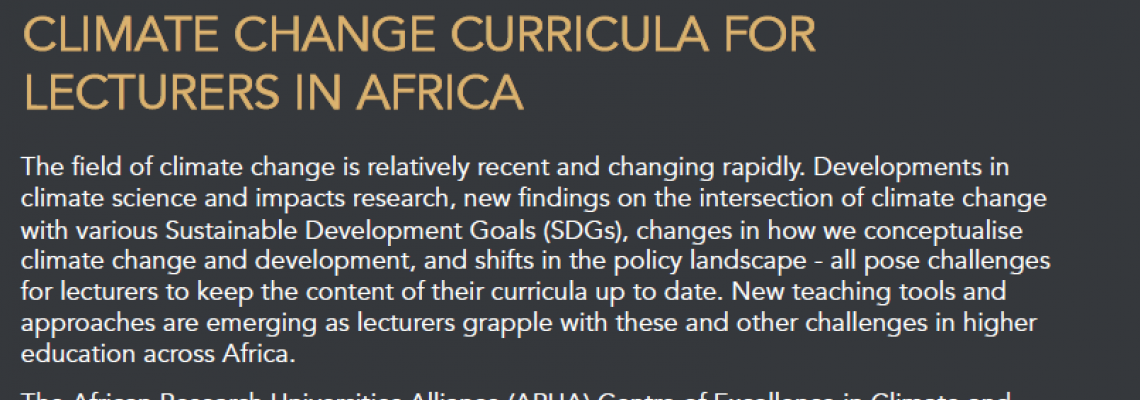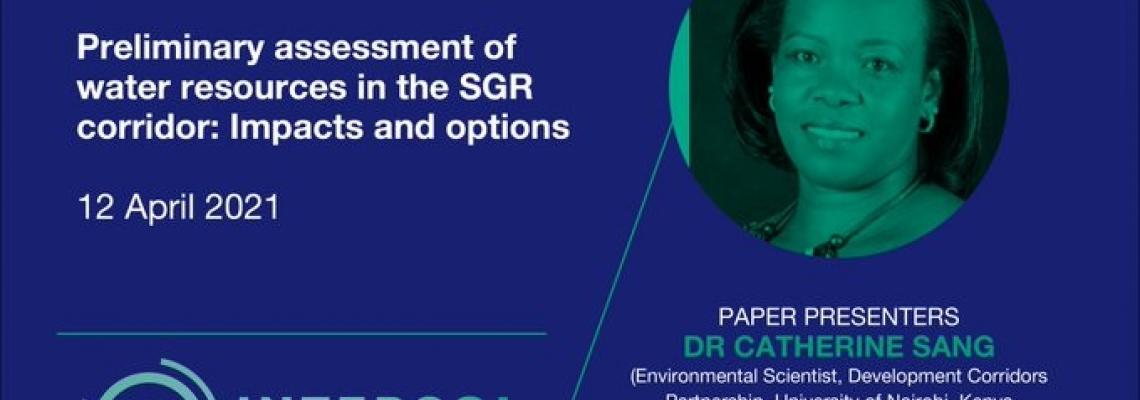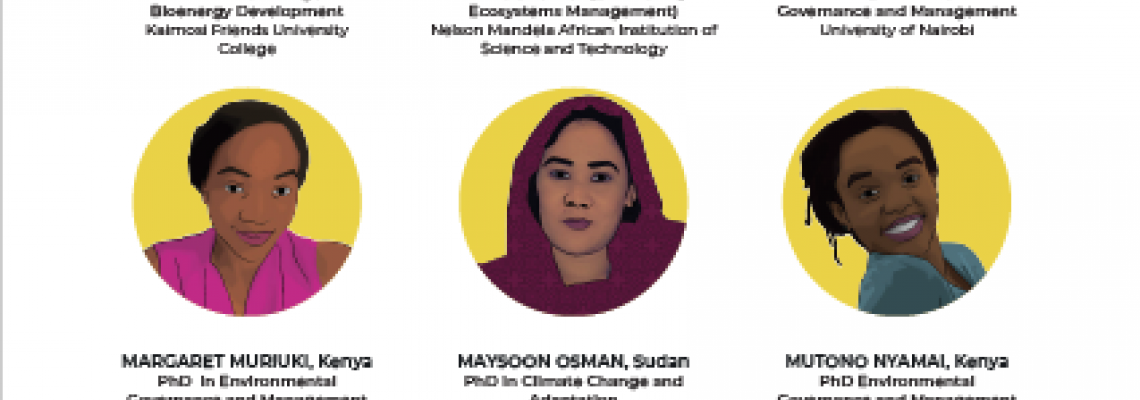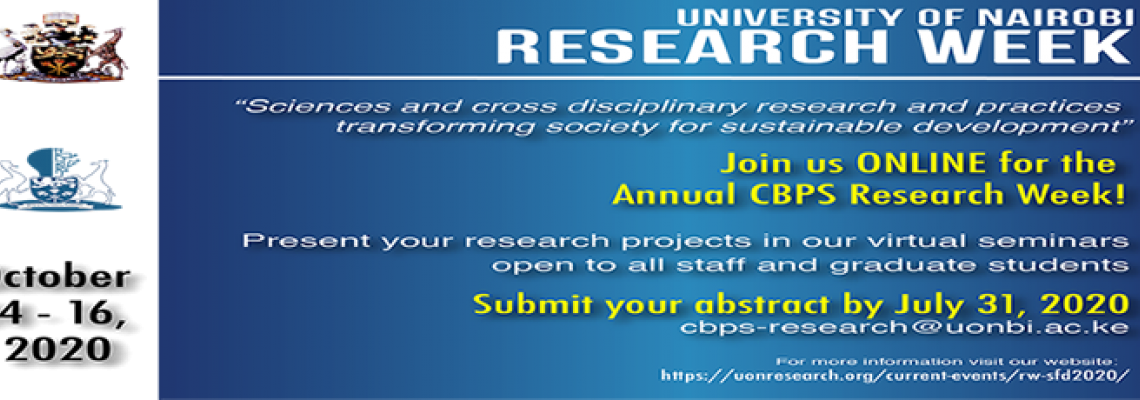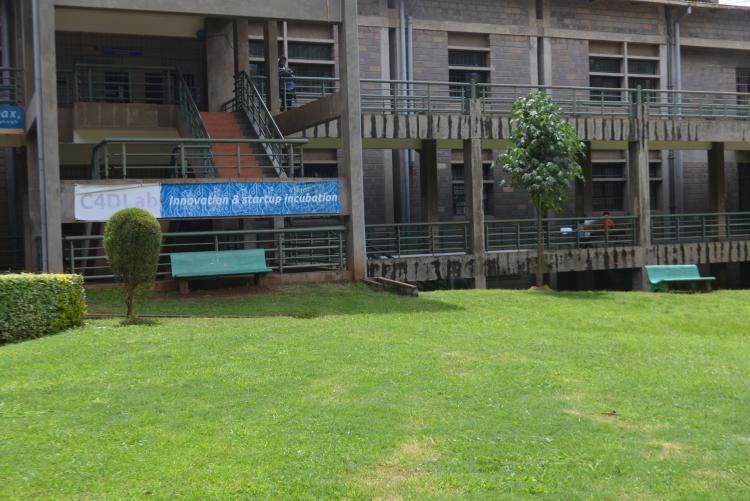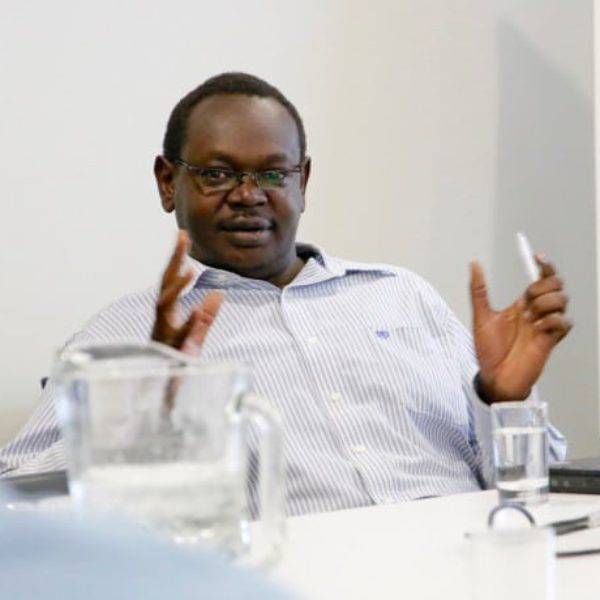
Prof. Daniel Olago is the current Director at the Institute for Climate Change and Adaptation, and an Associate Professor at the Department of Geology, University of Nairobi. His research interests focus on Assessments of environment, water and ecosystems in relation to adaptation and climate resilience, Nature-based solutions for adaptation such as the interactions of groundwater, surface water, climate, environment, and human linkages with a special focus on eastern Africa. He has been involved in capacity strengthening in local, regional and international contexts for a diverse range of stakeholders, from grassroots, through management to policy-making groups and government agencies.
Daniel is Chairman, Network of African Science Academies (NASAC) Water Programme Steering Committee; Member, International Lake Environment Committee (ILEC); Fellow of the African Academy of Sciences; Fellow of the Geological Society of Kenya; Member, Kenya National Academy of Sciences. He is presently running projects that centre around (ground) water security in relation to climate change, sustainable cities, and development corridor programmes, as well as on the palaeoclimatology of the East African region.

